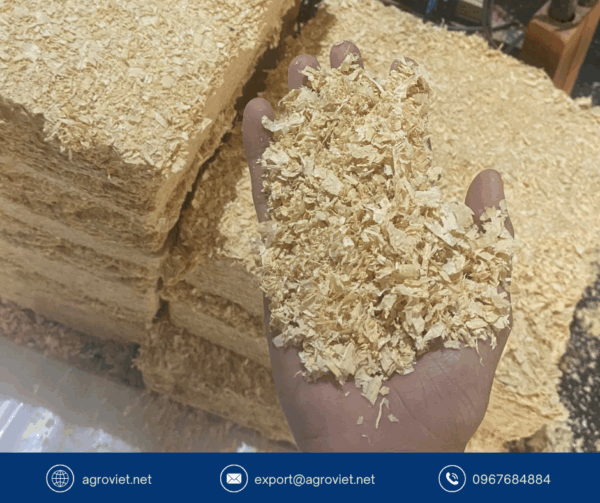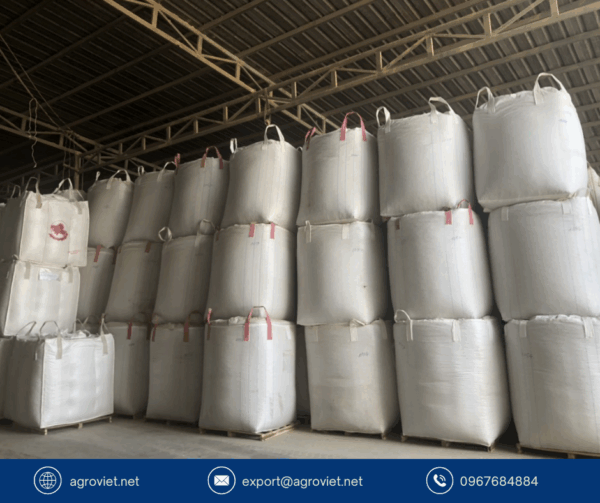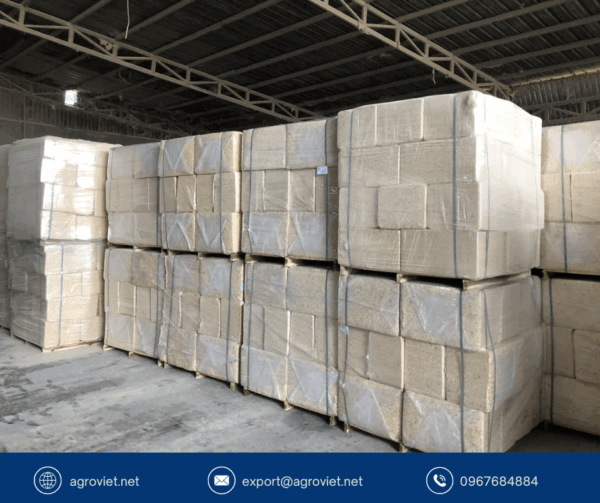Wood Shavings for Exotic Birds: Winter Bedding Tips for Indoor Aviaries
Exotic birds, such as parrots, cockatoos, and finches, face unique challenges in winter, even in indoor aviaries. Cold temperatures, fluctuating humidity, and limited ventilation can lead to respiratory issues, stress, and feather plucking, with studies suggesting that poor environmental conditions can increase avian mortality rates by 4-7% in winter. Proper bedding is critical to maintain warmth, hygiene, and comfort in indoor aviaries, where birds spend most of their time. Wood shavings, with their absorbency, insulation, and low-dust properties, are an ideal bedding choice for exotic birds during cold weather. This post explores why wood shavings excel for indoor aviary bedding, supported by a realistic case study, and subtly highlights their synergy with wood pellets for enhanced performance.

The Winter Challenge for Exotic Birds
Indoor aviaries, while sheltered from outdoor elements, still face winter-related issues. Cold drafts, temperature fluctuations, and high humidity from water dishes or bird baths can create damp, stressful environments. Exotic birds are particularly sensitive to these conditions, as their respiratory systems are prone to infections like aspergillosis and their stress responses can trigger behavioral issues like feather plucking. Research on avian care indicates that winter mortality rates in poorly managed aviaries can reach 4-7%, with respiratory diseases and stress as leading causes. High-quality bedding is essential to regulate moisture, maintain warmth, and ensure a clean, comfortable space for exotic birds.
Why Common Bedding Options Fall Short
Many bedding materials used in aviaries, such as newspaper or straw, are inadequate for winter:
-
Newspaper: While absorbent, newspaper provides no insulation, leaving birds exposed to cold aviary floors, and it requires frequent replacement, increasing labor.
-
Straw: Straw absorbs only 1.5-2.5 times its weight in moisture, leading to damp conditions that foster mold and bacteria like Aspergillus, which cause respiratory issues.
-
Sand or Gravel: These offer no insulation or absorbency, allowing waste to accumulate and increasing infection risks.
-
Dust and Mold: Straw and other organic materials can harbor mold spores, exacerbating respiratory problems in birds with delicate lungs.
These options contribute to higher mortality rates, with substandard bedding linked to 4-7% losses in winter due to cold stress and infections.

Why Wood Shavings Excel for Exotic Birds
Wood shavings, particularly from safe softwoods like pine or aspen, are the optimal bedding choice for indoor aviaries in winter:
-
High Absorbency: Shavings absorb 4-6 times their weight in moisture, quickly wicking away droppings, water spills, and humidity to keep aviaries dry and reduce mold growth.
-
Insulation: Their fluffy, air-trapping structure creates a warm layer with low thermal conductivity (~0.1 W/m·K), maintaining aviary temperatures 5-8°F warmer than newspaper or straw, preventing cold stress.
-
Comfort: Soft shavings provide a cozy surface for birds to perch or rest, reducing stress behaviors like feather plucking and promoting well-being.
-
Low Dust: Kiln-dried shavings minimize dust and fungal spores, critical for preventing respiratory diseases like aspergillosis in sensitive species like parrots.
-
Odor Control: Pine or aspen shavings neutralize ammonia from droppings, improving air quality in enclosed aviaries with limited winter ventilation.
These qualities lower mortality rates to 1-2%, a 3-5% improvement over other beddings’ 4-7%, by creating a clean, warm, and healthy environment.
The Science of Avian Protection
Wood shavings’ effectiveness stems from their physical and chemical properties:
-
Moisture Management: Absorbing up to 600% of their weight in moisture, shavings prevent damp conditions that foster mold and bacteria, reducing respiratory risks by 50-60%.
-
Thermal Insulation: Their air-trapping structure slows heat loss, keeping birds warm and reducing stress-induced immune suppression.
-
Ammonia Neutralization: Pine shavings’ phenolic compounds bind ammonia, keeping levels below 15 ppm, protecting delicate avian lungs.
-
Pathogen Reduction: Dry shavings limit fungi like Aspergillus and bacteria like Pseudomonas, cutting infection risks critical for exotic birds.
Avian research supports these benefits, noting that dry, low-dust bedding reduces respiratory disease incidence and stress behaviors, improving survival rates.
Benefits Beyond Winter Protection
Wood shavings offer additional advantages for indoor aviaries:
-
Respiratory Health: Low-dust shavings minimize irritants, preventing diseases like aspergillosis, vital for species like cockatoos with sensitive lungs.
-
Behavioral Health: Comfortable bedding reduces stress, decreasing feather plucking and aggression, common in confined winter settings.
-
Labor Efficiency: Shavings sift easily, cutting cleaning time by up to 50% compared to straw or newspaper, saving effort in busy aviary routines.
-
Odor Control: Ammonia reduction keeps aviaries fresh, enhancing conditions for birds and owners.
Pairing shavings with wood pellets in high-moisture areas, like near water dishes, enhances absorbency, further ensuring dryness and cleanliness.
Case Study: The Blue Feather Aviary
Meet Emma and Lucas Chen, who run Blue Feather Aviary, a 40-bird exotic collection (20 parrots, 10 cockatoos, 10 finches) in upstate New York, where winter temperatures drop to -10°F. In 2022, they used newspaper bedding, but damp aviary floors and poor insulation led to cold stress and respiratory issues. That winter, they lost 3 birds (7.5%)—2 parrots and 1 cockatoo—to aspergillosis and stress-related complications, exceeding their usual 1-2% annual mortality. Cleaning wet newspaper took 1.5 hours daily, and ammonia odors stressed their birds.
In 2023, the Chens switched to kiln-dried aspen shavings, layering them over wood pellets in water-prone areas for extra absorbency. The results were transformative:
-
Mortality Reduced: Only 1 finch (2.5%) was lost, a 5% improvement, due to drier, warmer conditions.
-
Respiratory Health Improved: Aspergillosis cases dropped to zero, and respiratory symptoms fell by 70%, thanks to low ammonia (10 ppm) and dust-free bedding.
-
Behavioral Benefits: Feather plucking decreased by 60%, as birds nested comfortably in the soft shavings.
-
Labor Savings: Cleaning time fell to 45 minutes daily, a 50% reduction, as shavings sifted easily.
-
Cost Efficiency: Shavings’ absorbency cut bedding use by 25%, saving $300 over the winter.
Emma shared, “The shavings made our aviary a healthier, warmer place. The birds are happier, there’s no mold or odor, and cleaning is so much easier. We’re thrilled with the difference.” The Chens now use Platts Bedding shavings for their consistent quality and avian safety.
Tips for Using Shavings in Indoor Aviaries
To maximize wood shavings’ benefits for exotic birds:
-
Deep Bedding: Apply 2-3 inches of shavings to ensure absorbency and insulation, adding 0.5-1 pound per square foot weekly.
-
Pellet Layering: Use wood pellets under shavings near water dishes or bathing areas to boost moisture control.
-
Daily Cleaning: Spot-clean droppings and wet spots to maintain dryness and reduce ammonia.
-
Aviary Placement: Position aviaries away from cold drafts, and add extra shavings to resting areas for warmth.
-
Dry Storage: Store shavings in a covered area to prevent mold or moisture absorption.
-
Monitor Health: Check birds for signs of respiratory distress or feather plucking to ensure bedding effectiveness.
Choosing Quality Shavings
Select kiln-dried shavings from safe, non-toxic softwoods like aspen or pine, ensuring low dust and high absorbency. Avoid cedar shavings, which can release aromatic oils harmful to birds, or coarse shavings that reduce comfort. Premium shavings, like those from Platts Bedding, are processed for avian safety, with minimal dust and optimal moisture control, ensuring a healthy winter aviary.
A Warm Haven for Exotic Birds
Wood shavings are a winter essential for indoor aviaries, reducing mortality rates from 4-7% to 1-2% and protecting exotic birds from cold and illness, as seen at Blue Feather Aviary. Their insulation, absorbency, and low-dust properties create a warm, clean, and stress-free environment that supports avian health. By combining shavings with wood pellets, you can enhance these benefits, ensuring optimal conditions. Switch to quality wood shavings this winter to give your exotic birds the warmth and comfort they need to thrive.
Read more: https://vietnambestwood.com/general/winter-rabbits-and-guinea-pigs/
